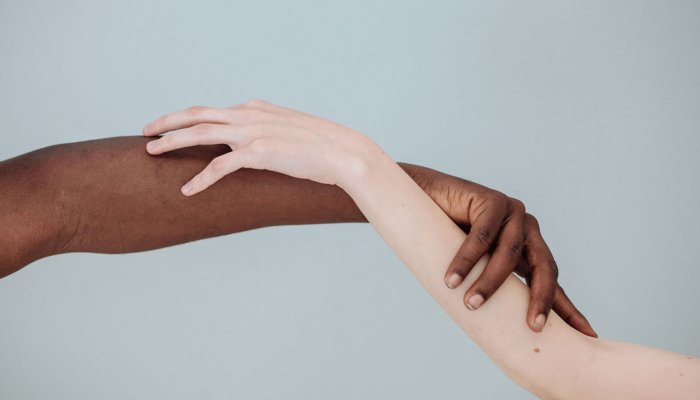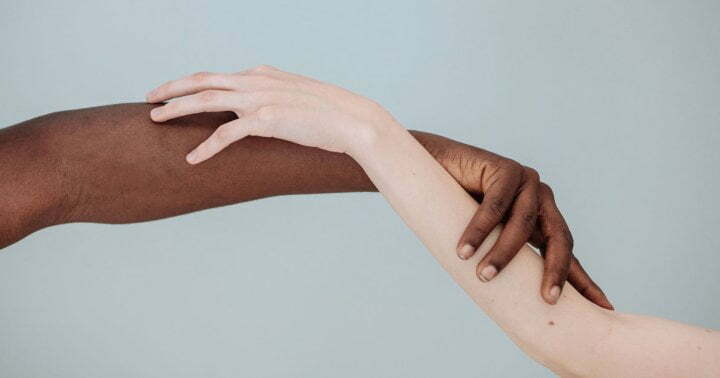This Increasingly Popular Term Helps Explain The Spectrum Of Sexual Desire

We know what sexism is, but what does allosexism mean? According to Hodder-Shipp, allosexism is rooted in the inaccurate presumption that all people experience sexual attraction, and if they don’t, they should. Allosexism shows up almost everywhere in Western culture and affects us in both micro and macro ways, including erasing and invalidating asexuality.
“The socially constructed idea that all humans experience a universal ‘drive’ for sex is so deeply rooted in our systems and institutions that many people—including doctors, therapists, and other professionals with influence—have a hard time believing that someone might not experience sexual attraction and, instead, create false narratives to make sense of what they don’t understand,” they explain. “Folks who do experience sexual attraction benefit from allosexual privilege and don’t experience the same kind of judgment, misrepresentation, and pathologization that folks on the asexual spectrum do—but keep in mind that allosexism harms everyone, not just ace people.”
Allosexism contributes to an array of misinformation and misunderstanding about how attraction and desire show up for people and help perpetuate harmful expectations for how our feelings and bodies are supposed to show up and function.
“For instance, allosexism makes it easy to judge someone (or our partners) if they feel low or no sexual attraction or desire and make it about something it’s not: that they don’t love us, that we’re not hot enough, or that they must be getting sexually satisfied elsewhere,” they explain. “Allosexism also allows doctors and therapists to pathologize feelings of low or no sexual attraction and, in turn, transform a person’s normal experience of attraction into a medical diagnosis, a sexual ‘dysfunction,’ or mental illness that requires treatment of some kind.”
This article was originally published by mindbodygreen.com. Read the original article here.



